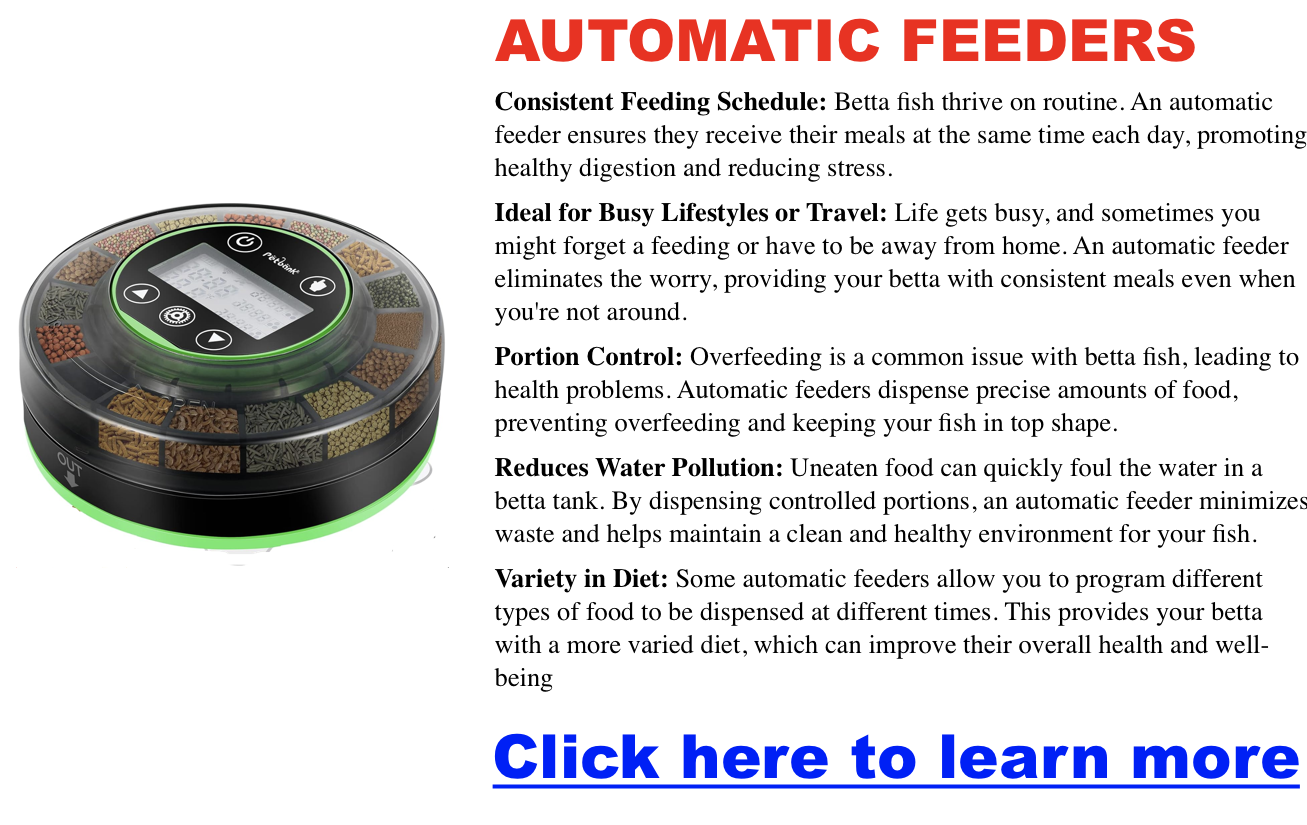How Long Can Betta Fish Go Without Food
In their natural habitat, betta fish may experience periods of food scarcity. They’ve evolved to withstand these lean times by storing energy reserves. This means they can technically survive for 7-14 days without eating. However, it’s important to understand that this is a survival mechanism, not an ideal situation.
The Hidden Cost of Fasting
While betta fish can survive for extended periods without food, it doesn’t mean they should. Prolonged fasting puts significant stress on their bodies and compromises their immune systems. After about 5 days, they may become lethargic, lose color, and be more susceptible to diseases.
Factors Affecting Fasting Duration
Several factors influence how long a betta fish can comfortably fast:
- Overall health: A healthy fish will have more energy reserves to draw upon.
- Age: Young fish may have a harder time fasting than adults.
- Water conditions: Poor water quality adds stress, making fasting more difficult.
- Feeding habits: A fish used to regular meals may struggle more with sudden fasting.
Spotting Signs of Starvation
It’s crucial to recognize the signs of starvation in your betta fish:
- Lethargy: Reduced activity and a lack of interest in food.
- Loss of color: Fading or dulling of their vibrant colors.
- Sunken belly: An indented abdomen indicates a lack of food intake.
- Fin clamping: Holding fins close to the body can be a sign of stress or illness.
Missed a Feeding? Don’t Panic!
If you accidentally miss one feeding, don’t worry too much. Your betta will likely be fine. Just resume their normal feeding schedule as soon as possible.
Planning for Extended Absences
If you’ll be away for more than a few days, you have a couple of options:
- Automatic feeders: These can dispense pre-measured amounts of food at set intervals. However, they can malfunction, so test them thoroughly beforehand.
- Fish sitters: Ask a friend or neighbor to feed your betta. Provide clear instructions on how much and what type of food to give.
Fasting as a Last Resort
Fasting should only be considered for short periods (up to 4-5 days) and only if absolutely necessary. It’s always best to prioritize regular feeding to keep your betta happy and healthy.
